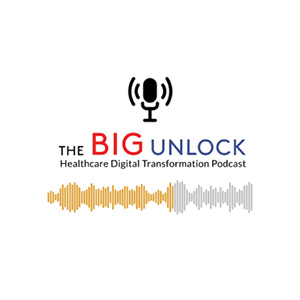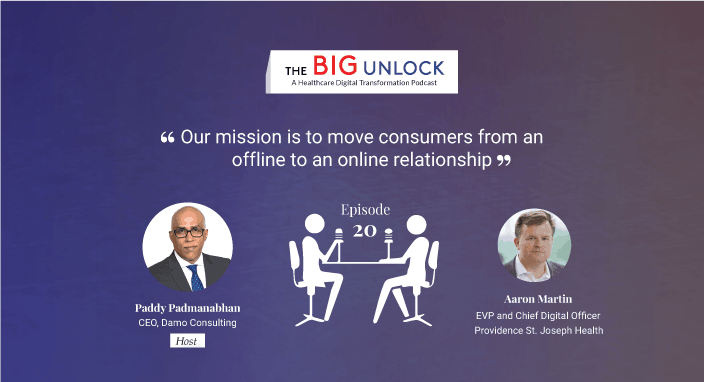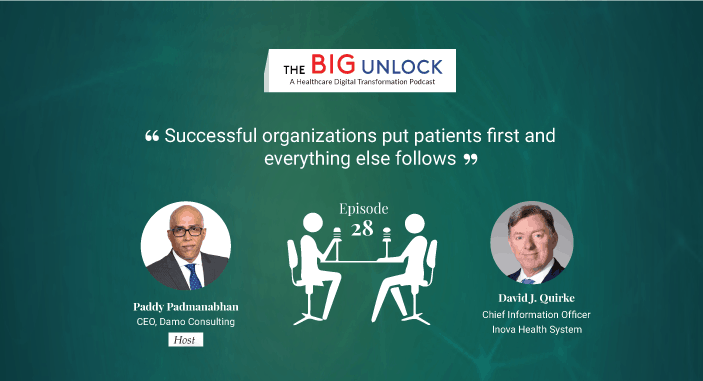In this episode, Dr. Keith Morse, Clinical Associate Professor of Pediatrics & Medical Director of Clinical Informatics – Enterprise AI at Stanford Children’s Health, shares real-world applications and future visions for generative AI (GenAI) in pediatric care. The discussion highlights how LLMs are being practically integrated into clinical workflows, reducing clinician burden and enhancing hospital operations.
Dr. Morse emphasizes the importance of upskilling the workforce to fully leverage AI’s potential. With limited prior exposure to tools like LLMs, clinicians and administrative staff need hands-on training. Stanford has launched initiatives including a PHI-compliant internal chatbot, prompt engineering workshops, and engaging frontline staff in pilot projects to build confidence and competence across roles.
Dr. Morse sees immense promise in technologies like ambient listening and agentic AI but stresses the need for cautious adoption. In the absence of comprehensive regulation, healthcare systems must take ownership of AI oversight to ensure safety and mitigate risk. He emphasizes the importance of balancing innovation with responsibility, especially in the sensitive context of pediatric care. Take a listen.


In this episode, Aaron Martin discusses his role and responsibilities as the Chief Digital Officer of Providence St. Joseph Health, and covers a wide...

David Quirke, Chief Information Officer at Inova Health System, discusses his new role, their technology environment, high-level priorities, and the mission to provide world-class...